When buying our home, we didn’t know what information we would need to provide to the seller. Not only did we need to sign a contract offer, but we also needed to submit a lender letter. The letter let the seller know which mortgage program we qualified for and would use to purchase the home. We also did not know that we would qualify for the (zero down payment) USDA mortgage. Those are special loans for the country home we wanted to purchase. Like many Tallahassee buyers, we started attending open houses in neighborhoods we liked. How you finance your Tallahassee home will impact your budget for the next 30 years.
Every buyer wants a good deal. How a family finds that ‘good deal’ is as varied as the families themselves. The approved financing for your Tallahassee home is one of many things that matter when you are negotiating for your new home. (Read more on negotiations here.) One of the biggest and first decisions you will have to make when you buy a house is how you pay for it. If you are like most of us, you will need to borrow money and promise to pay it back before you move into your new home. The financing you qualify for will impact how you structure your offer to the seller.
Does the Seller Really Care What Kind of Financing I Use?
They will if they have professional representation. Also being a listing agent, I can tell you that your financing will matter to the seller. Some types of loans may require repairs the seller will not make. Many sellers will reject lenders who are not local. There are many horror stories of out-of-town lenders and appraisers killing deals and losing the buyer’s deposit money. Sellers like the idea of being able to see or call someone locally and find answers. Lenders will not divulge personal information without your permission. They will provide limited information to the agents or the seller. Lenders will explain what repairs need to be done to close on a mortgage.
Below is a quick overview of what you need to know to decide about your credit score. Below, we cover what it means to get approved for financing your Tallahassee home. Also, there are many types of mortgages available, and we talk about those and some useful tips. Download our lender recommendations.
Financing Your Tallahassee Home Depends on Your Credit Score

Although it is not the only way banks determine whether you are a good credit risk, your credit score can GREATLY impact how much you will pay for financing your Tallahassee home. Whether you hold it for 5 years or 30 years, your interest rate depends on your credit score. There are three main credit reporting agencies used by most lenders (Experian, Equifax, and Transunion). These companies report, compute and store the credit histories of consumers. Each company varies slightly in collecting information and calculating its credit score. You are entitled to a free copy, check here.
Lenders want you to have a minimum of 650-700 credit score. Most buyers can improve their scores significantly within months. You can get a free copy of your credit report every year from each credit reporting company. If you are not where you want to be credit-wise or feel you need more help to improve your credit score, we have several credit repair counselors we have worked with in the past. Contact us, and we would be happy to put you in contact with one of our awesome colleagues.
How a credit score impacts financing your Tallahassee home
Lenders use this score to determine the likelihood that you will pay them back the money they are lending you. People with credit scores below 640 will have difficulty qualifying for a mortgage. Also, the interest rate offered to you may be higher than the rate. Interest rates on FHA or USDA (more on those below) mortgages are often higher than conventional mortgages. Banks charge a higher rate to cover their perceived increased risk of default.
Those with a credit score of 700 or above are considered good risks for lending money, and they will receive lower interest rates. The lower interest rates mean that borrowers will spend less over the life of the loan. Scores over 800 are considered excellent, and borrowers will see banks compete for your business by sweetening their offers. There are federal rules for lending that each bank, using federally insured or guaranteed, must follow. There are also bank or lender rules that fall on top of these rules – called overlays. Overlays vary from lender to lender. How banks use your three credit scores can vary, impacting the terms and conditions a lender will offer you. It is worth your time and energy to speak to more than one lender.
Can you buy a Tallahassee home with NO credit?
If you do not have a credit score, you are an unknown risk to the bank, and they will not lend you money. If you think you may be purchasing a home in the next few years, open selective credit accounts and start establishing your credit score now. Pay down the debt and use your cards. Banks want to see that you will use your credit wisely. It is never too early to start working on your credit. The youngest buyer I have worked with was 18 years old. She had help, and there is help available for you too if you live in Tallahassee, Leon County, or elsewhere.
What goes into a credit score?
Even though we cannot tell you exactly what the secret sauce is behind your credit score, we can tell you the main factors the companies evaluate when calculating your score. Below is a brief overview.
- Payment history – Payment history is the biggest part of a credit score (35%).
- The total amount owed – This is approximately 30% of the score. It takes into consideration credit utilization.
- Length of credit history – This is approximately 15% of the credit score. If you have held the accounts for many years, you have a longer history of paying as promised.
- Types of credit – This is 10% of the credit score and considers whether you have only credit cards or a mix of installment loans (like a car loan) and other debt.
- New credit – This also counts for 10% of a person’s score. This part of the score also considers the number of inquiries, as how old the most recent account was opened.
Read our blog article for more information on what goes into your credit score.
How to increase your credit score before financing your Tallahassee home.
Sometimes credit can be corrected in weeks rather than months. Sometimes it will take years for a borrower to straighten out and raise their credit score. We are often asked about credit repair companies. Read the fine print carefully. Some can only guarantee a temporary improvement in your score, and most of what they will do for you can be done by yourself – free of charge. Read more about improving your credit score in our blog.
- Pull a copy of your credit report and read it carefully.
- Pay your bills on time for at least six months.
- Check with your credit card account holders about a credit increase – but don’t use it.
- Do NOT close credit card accounts, even if you are not using them.
- Credit repair companies negotiate with creditors to lower your monthly obligation or entire debt.
This is something that anyone can do for themselves, for free. If you do not have the time or prefer someone else to guide you through it, make sure you thoroughly investigate the company you choose and ask for references from satisfied customers.
One of the biggest questions buyers have is how much they can afford. The lender, in part, determines that. We have some general rules to help you. Read on for more details on deciding how much of a mortgage you will qualify for.
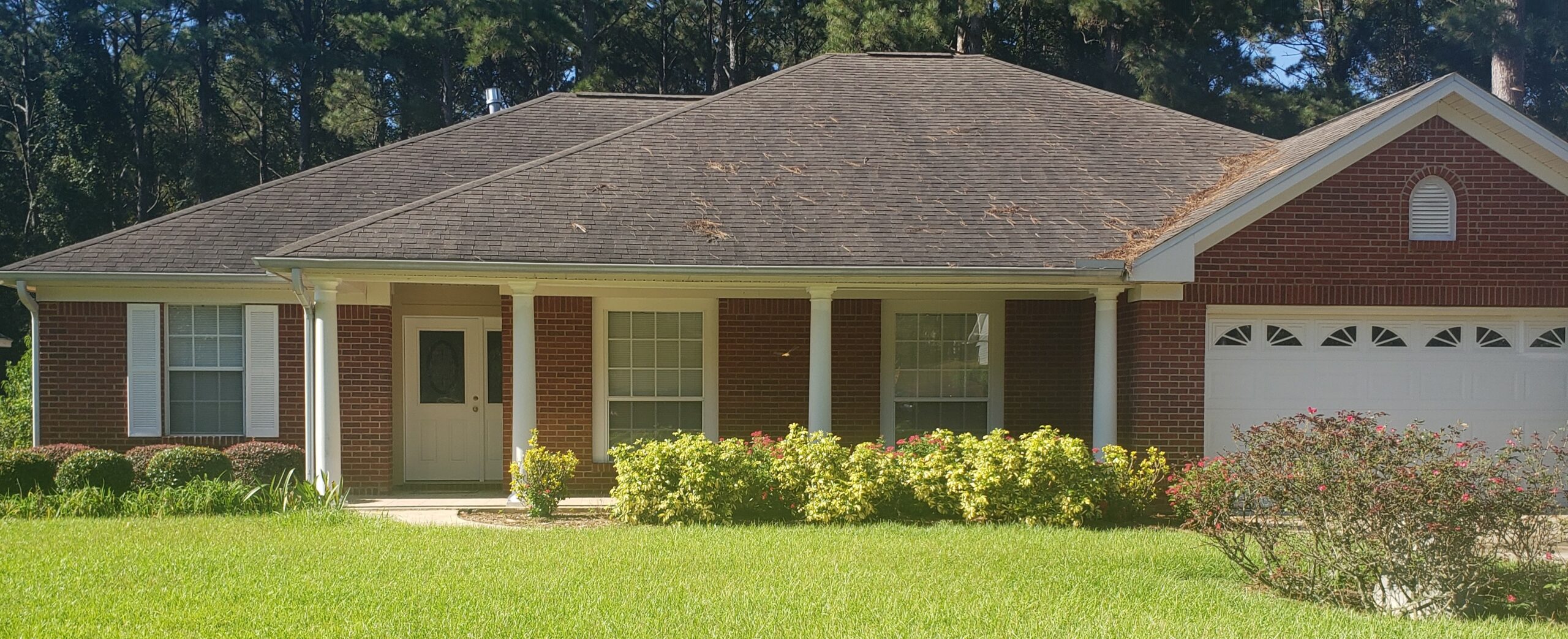
How much mortgage can I afford? What price point should I look in for my Tallahassee home?
There are several ways to determine a ballpark price point you would be comfortable with when buying a Tallahassee home. In general, you will qualify for a mortgage somewhere between double and 3.5 times your yearly income. If you make around $50,000 a year, you will qualify for a mortgage between $100,000 and $175,000. This could even be as high as $195,000 depending on credit and available down payment. That monthly payment will be between $800 to $1,500 a month.
You will hear your lender mention DTI at some point while buying a home. It is one of the ways the lender will measure the risk of lending money to a buyer. The DTI is the total of all monthly debt payments divided by gross monthly income. The lower this percentage (or rate, or ratio) the less likely the buyer will be to struggle to make monthly mortgage payments. Research has shown that borrowers with high DTIs have more trouble meeting their monthly debt obligations.
As a rule, it is a good idea to keep your debt-to-income ratio at less than 36%. In this range, new lines of credit will be easy to obtain. If your DTI is between 36% and 42%, lenders may be concerned about your ability to repay. Consider paying down your debt before you attempt to finance a Tallahassee home. At this level, you can do this yourself. If your DTI is over 43%, paying off debt may be extremely difficult. Creditors will decline your application for more credit. At this level, it may be worth looking into a debt management or a nonprofit credit counseling agency.
Other Things You Need to Know About Financing Your Tallahassee Home
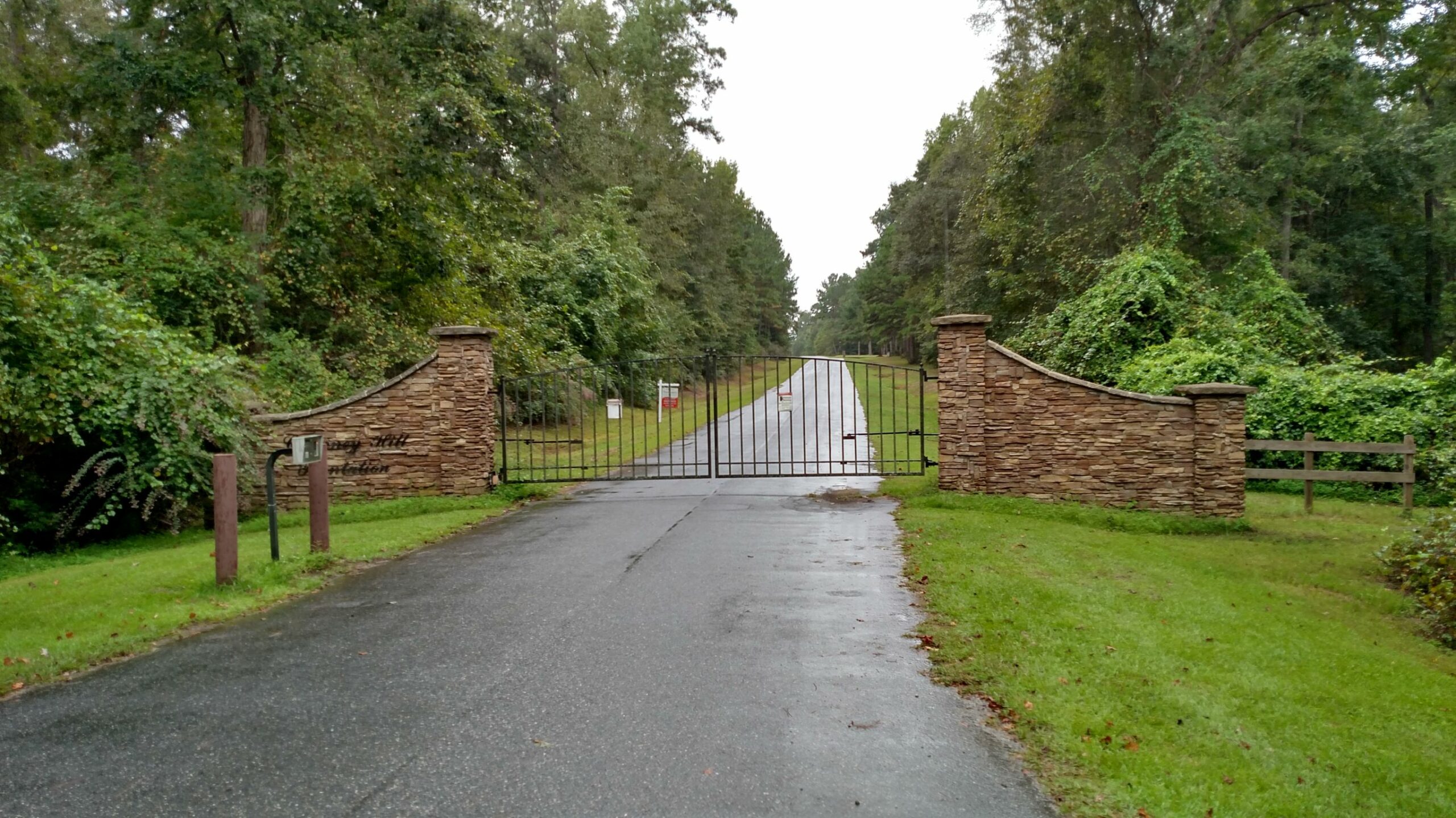
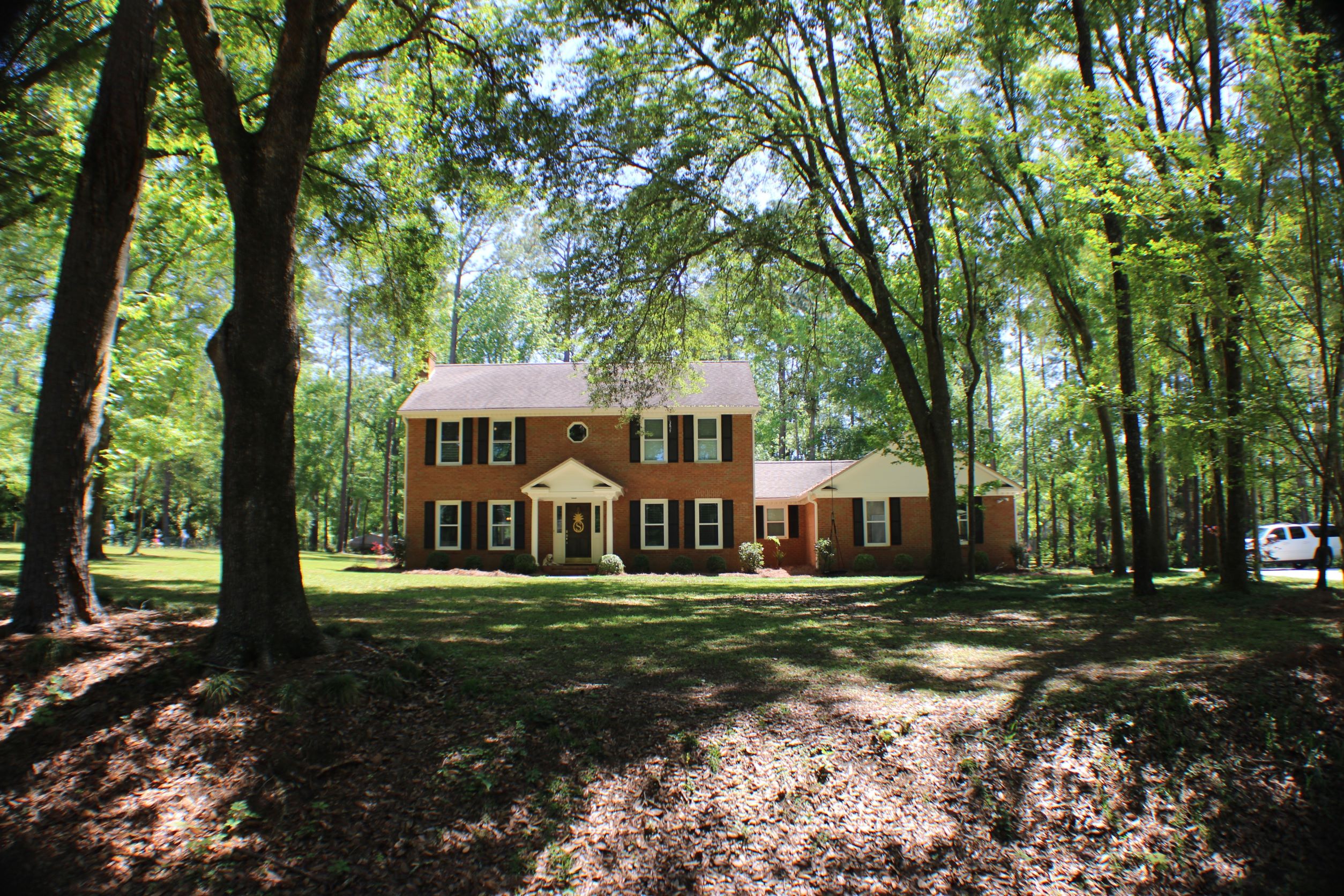
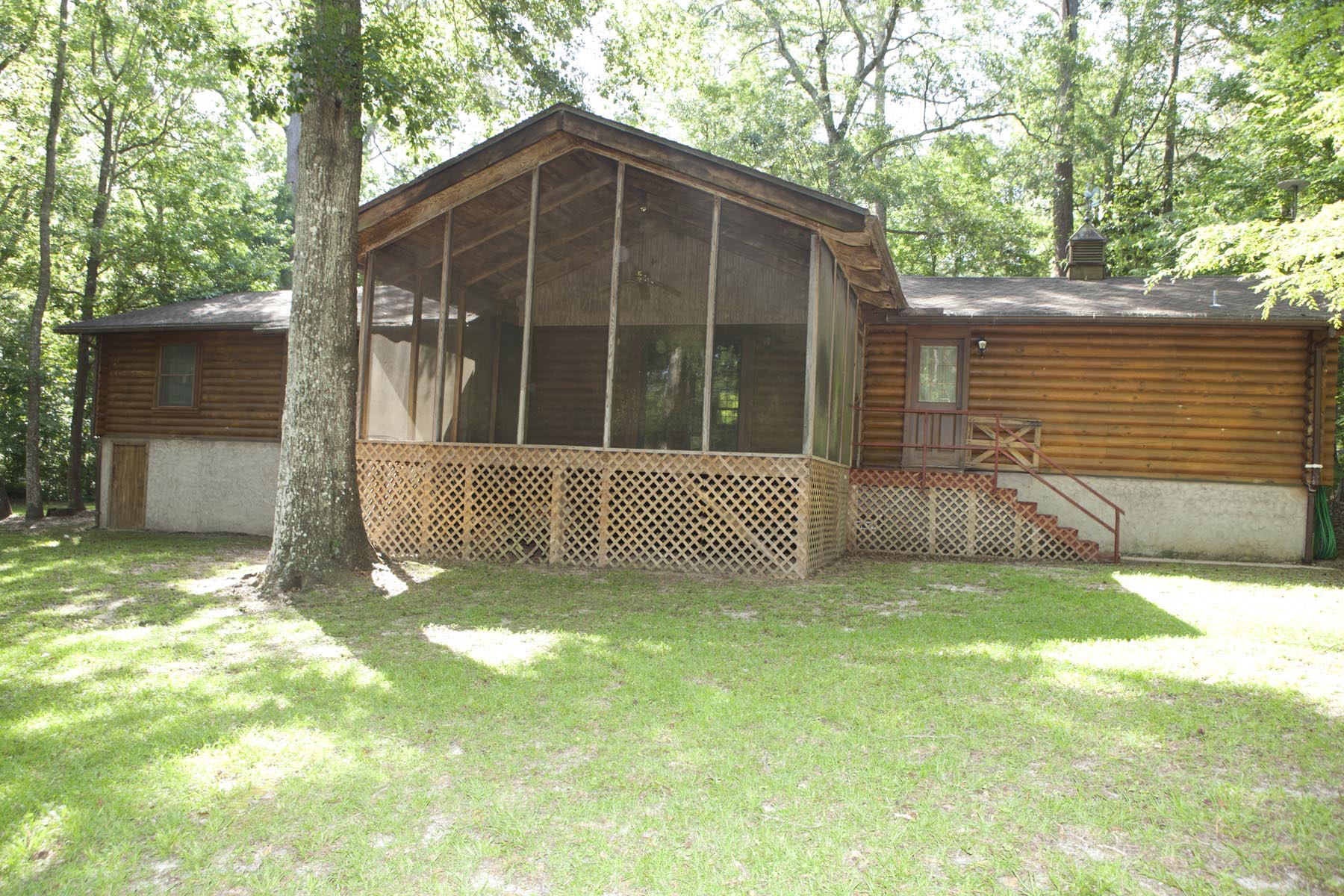

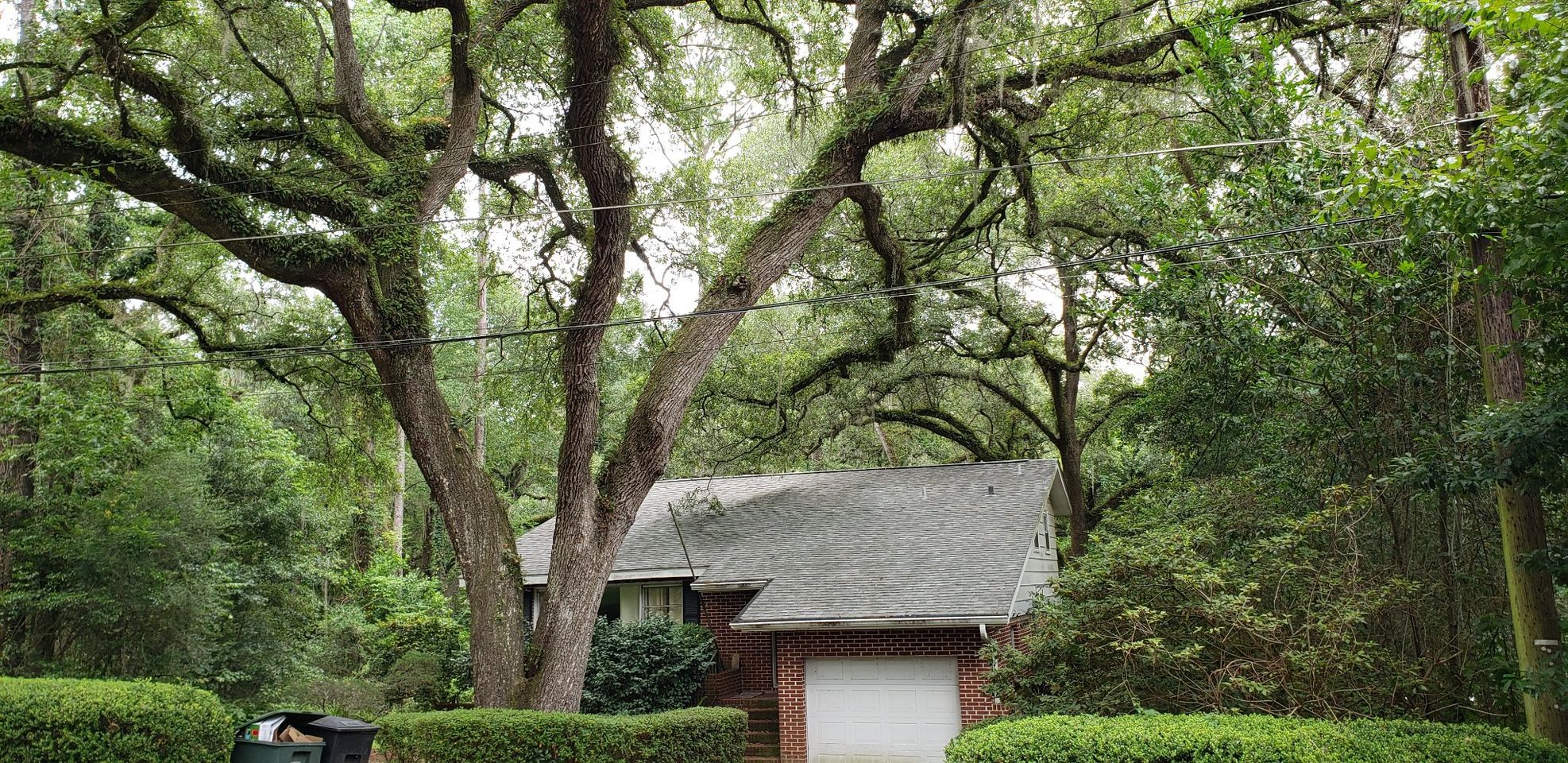
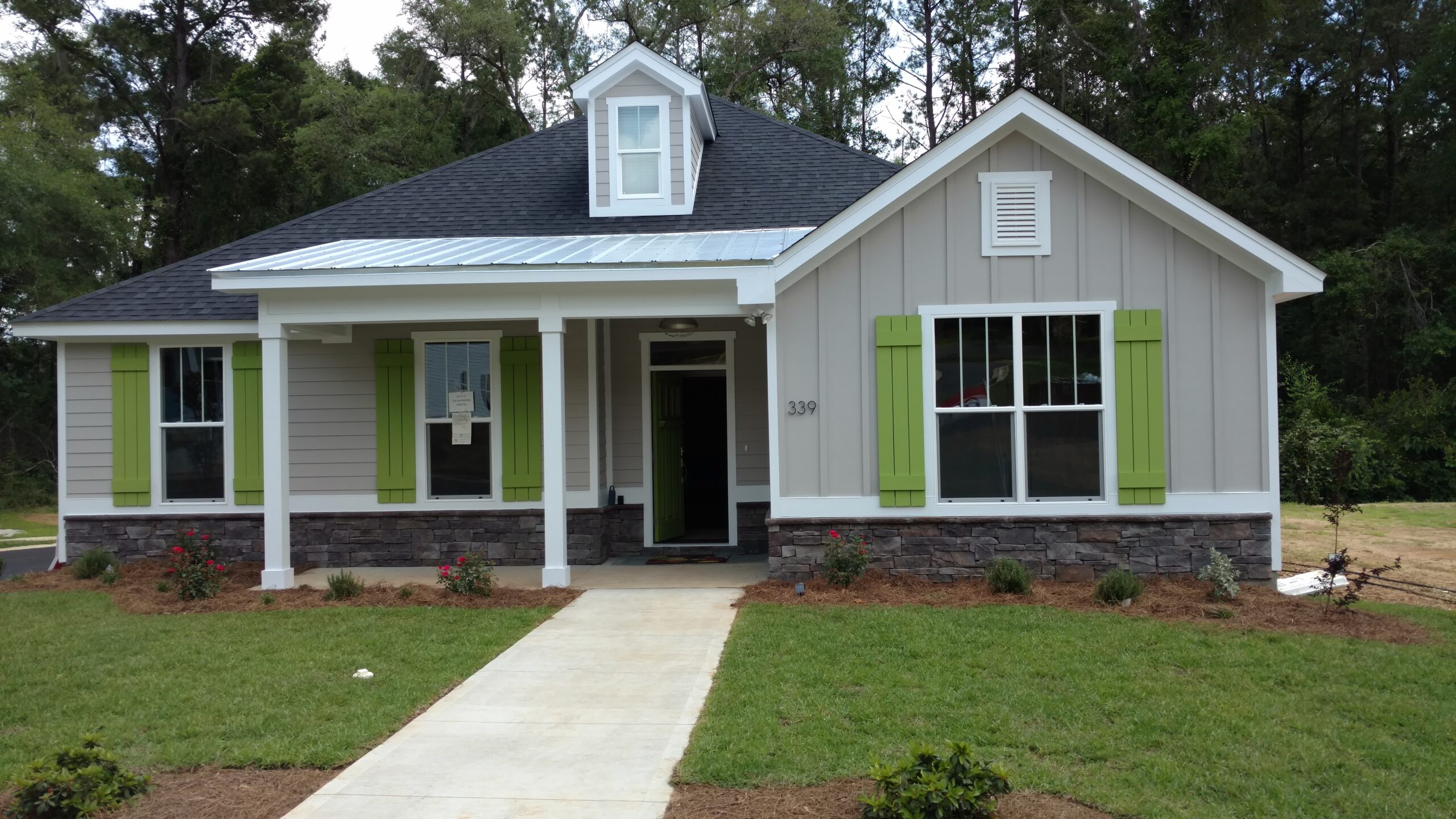
You Pay More Monthly Than Just the Loan and Interest
The monthly payment is made of four things. You will see the acronym PITI. That stands for: principal, interest, taxes, and insurance. Lenders prefer that a borrower’s gross income be less than 28% of that monthly (PITI) payment.
Principal
The principal part of your payment is the amount you owe before any interest is added. This is also called the note.
Interest
The interest rate is the amount you will pay your lender monthly as a fee for borrowing money. Your mortgage lender calculates interest as a percentage of your principal overtime. The best way to compare the costs of borrowing money across lenders is to compare the amortization calculations.
Taxes
You must pay property taxes, and the taxes will be higher than the current seller has been paying. The lender will collect several months’ worth of taxes at closing to put in the escrow account. The bank will pay the taxes yearly from this account.
Insurance
Also called hazard insurance, homeowners insurance policies are required by the lender. This closing cost is higher in Florida than most other states because the rates are based on risk. Depending on the home, the lender may require that you add additional coverage for flooding, valuable collections, jewelry, or potentially aggressive animals.
Like property taxes, it’s difficult to say exactly how much they will add to your monthly payment. Some factors that influence your premium include:
- Your home’s value or replacement cost
- Distance your home is from emergency responders?
- Condition and age of the roof
- ‘Attractive nuisances’ include pools, aggressive dogs, ponds, etc.
- Previous claims you have made of insurance
Your monthly cost is the combination of these four components together.
If You Put Down Less Than 20%, You Must Pay Private Mortgage Insurance Monthly
Several home loans allow you to put down less than 5% of the purchase price. This comes at a cost of course. If you do not have the 20% down payment, you will be required to pay for private mortgage insurance (PMI). PMI protects your lender in case you default on your loan. The cost varies based on your loan type, your down payment size, and your credit score.
Usually, the cost of the PMI is added to your monthly mortgage payment (along with insurance, taxes, and interest). Some buyers will pay it as an upfront fee at closing and others will agree to a higher percentage rate instead of PMI. How a buyer chooses to pay for PMI is a matter of running the numbers and deciding what works best in their situation. You can ask your lender to give you some options and review them with your accountant to help you decide.
Good News About PMI
No matter what type of home loan you close with, you will be eligible to drop that PMI monthly payment once you have enough equity in the home. Once you have reached at least 20% equity in your home, you can contact your lender to start the process of dropping the PMI from your monthly payment. You will need to pay for an appraisal so the bank can confirm your home’s current market value. The PMI can cost $100-$350 a month depending on many things. It’s a wonderful day when it drops off the payment!
What’s the Difference Between Pre-approval vs Pre-qualification?
It is possible to receive a mortgage prequalification letter from a lender easily. It is a quick estimate of what mortgage you will qualify for based on your STATED income and STATED debt. These are easy because the lender will not verify your numbers or the accuracy of your income or debt.
Sellers will prefer to see a preapproval letter over a prequalification letter. Mortgage preapproval ensures that the lender has looked at and verified income, assets, credit history, rental history (if applicable), and debts. These letters may take the banks a couple of days to get back to you. It also helps prevent surprises when it comes to mortgages or credit history. There have been times when the mortgage process has revealed previously hidden identity theft.
There is enough stress selecting and negotiating your next home, without wondering whether the bank will find something unexpected that blows up the deal after the contingency period.
What Types of Lending Are Available for Financing Your Tallahassee Home?
There are many different loan options out there. Talk to 2-3 lenders to see their suggestions for your situation. Here’s a quick overview of the most common types of loans your lender will cover with you.
Conventional Financing
A conventional mortgage is not guaranteed or insured by the federal government. Because of the fewer requirements, these loans may provide the bank and the consumer (buyer) with more options. Most conventional loans are ‘conforming’ loans, which means the bank can sell the mortgage on the secondary market. Selling those mortgages to Fannie Mae or Freddie Mac gives the bank more capital to lend to more buyers. Those government-sponsored companies then sell those bundled mortgages to investors.
A conventional mortgage can also be non-conforming which means that it does not meet Fannie Mae or Freddie Mac’s guidelines and cannot be sold on the secondary market. Because they do not need to conform, there is no single set of requirements for borrowers to meet. Conventional loans require a higher credit score and down payment than government-backed loans like FHA or USDA. In most cases, you need at least a 700-credit score and a DTI of less and 45%
FHA Financing
The Federal Housing Administration insures mortgages at the federal level. These mortgages required the borrower to live in the home. Therefore, these loans are not available for ‘investment properties.’ However, you may use an FHA loan to purchase a four-unit quadplex and live in one of the units.
These loans start with a minimum down payment of 3.5%, and if you put down less than 20%, you will be required to purchase private mortgage insurance (PMI) to protect the lender from loss in case you default.
203K (FHA) Financing
The loans are the same as above, except they allow the buyer to borrow money for repairs, rehabilitation, and remodeling. This allows the buyer to make those changes to their desired home and roll those costs up in the monthly mortgage payments. These loans have a slightly higher interest rate than traditional FHA financing. That higher rate is less than half a percentage point in most situations.
USDA Financing
While conventional and FHA loans are available for all properties, USDA loans are only available for properties considered to be rural. In Tallahassee, that means outside of Capital Circle. These loans also have income limits, and the lender will consider the income of all individuals in the household (not just the ones whose names are on the loan application). USDA loans do not require a down payment, and they do not require the borrower to purchase private mortgage insurance. However, they do require a guarantee fee. This fee can be paid at closing. It is generally 1% of the loan amount and can be paid monthly with the mortgage payment. The guarantee fee is less than the PMI for an FHA loan.
VA Financing
These loans are awesome for our veterans. VA loans are only available to veterans, active-duty military members, and their surviving spouses. These loans do not require a down payment or private mortgage insurance. There are also limits on the amounts a veteran can borrow, as well as a funding fee. This funding fee is often paid by the buyer in Tallahassee and rolled into the mortgage payment. The funding fee helps keep the program alive for other veteran borrowers and is not required for all borrowers. Certain groups are exempt from paying the price, which ranges from 1.25% to 3.3% depending on the branch, down payment, and loan amount. Those groups include Purple Heart recipients in active duty, surviving spouses, and those on VA disability.
Hard Money Loan
This option is most often seen for investors purchasing investment properties. The ‘hard money’ is a loan lent from a private company or interest for a short-term investment. These loans are typically closed within 3-6 years and used primarily by investors ‘flipping’ homes. The house is the collateral for the loan, and these loans can be obtained quickly for the experienced investor. These loans also have much higher interest rates than the typical mortgage packages, sometimes even double the prevailing interest rate.
Private Mortgage
Like the hard money loans, these are private companies or people providing the money for the mortgage. The last one we closed was a great deal for all involved. The grandparents paid cash for the house and, with the closing attorney’s help, set up the mortgage and payments for the young couple. These are quick and easy to work out and usually involve family members. The closing attorney will help you iron out the details in writing before the house is closed.
Home Equity Loan
If you already have equity in a piece of real estate, it may be quicker and easier to use that as collateral for your next mortgage rather than taking out a whole new loan. The bank will usually lend up to 90% of the value of your existing property, minus the current mortgage.
Owner Financing and/or Lease Purchase
This question comes up often. Buyers may be having trouble producing a down payment, or they do not qualify for a mortgage, or they are expecting a payout from a settlement soon. In this market, most sellers do not want to mess with the details and risks from owner financing. With owner financing, the property changes hands from the seller to the buyer. The seller maintains interest with the lien of the seller’s mortgage.
The lease purchase differs because the buyer agrees to rent the home for a year (or possibly two), obtains a mortgage, and pays the seller off. Usually, the buyer/renter pays a higher than market value on the rent to build up a down payment and/or closing costs that the seller will pay for them at closing. The biggest downside is that there are two contracts in play. That means it can be easy for a buyer to default and lose the down payment they were building and the roof over their head.
Cash
Last on the list, since it is not financing, is cash. In some areas of Florida, cash offers are the norm and outnumber the sales that involve a mortgage. Tallahassee is not one of those places, but 20% of our buyers are cash buyers. This means you will compete against cash offers at many price points. The beauty of cash for the seller is the lack of a financing contingency. Closing can be completed within two and a half weeks after the inspections are met, and the title search has been returned. These buyers often opt out of an appraisal which can also help ease a seller’s mind.
Choose Your Financing Team Wisely
Choosing a lender is a pretty crucial step when buying a home. If you don’t get it right, you may lose a lot of time AND money. Some lenders spend a lot of money to advertise, and you will see them repeatedly through this process. Yes, they are cyber-stalking you. That does not mean that they are qualified to get you to the closing table with the least amount of hassle.
I have worked with most of those big online mortgage companies, and the trouble they run into is that they do not know Tallahassee real estate, and what they do not know can cost you time and money. One of those big guys has asked the seller for an extension six times in the past seven times I have worked with them. Guess what? The seller does not have to grant an extension because of the lender’s mistake. They can say no, pocket your deposit money, and go back to the market and find a different buyer. It is too important of an investment to leave it to someone you cannot even meet in person.
Next Steps for Buying a Tallahassee Home
If you are ready to buy your Tallahassee, we would love to hear from you. Please feel free to contact us. I am a broker associate with Ketcham Realty Group. You can call or text me at: 850-203-0209. Or you can email me at: [email protected]


